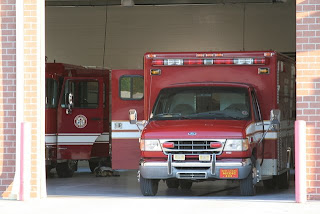
Cardiovascular disease, also known as CVD, is the number one killer of men and women of all ethnic groups in the
Risk factors for cardiovascular diseases include high blood pressure, obesity, abnormal blood glucose, and even the use of tobacco, among other things. When addressed at an early age, these risk factors can be fixed to help prevent cardiovascular disease.
Altering ones lifestyle can help to lower the chances of cardiovascular diseases. Eating a diet that is low in fat and cholesterol, adding more fruits and vegetables to your diet, drinking enough water daily and exercising for half an hour a day are all suggested ways to lower the chances of cardiovascular disease.
Cardiovascular diseases are known as silent killers, as they often have no symptoms. If you think you may be having any symptoms of heart disease, you should speak to your doctor
In connection with cardiovascular disease are "’palpitations’. They interrupt the normal heart rhythm, which can feel like a missed beat. This can actually be harmless “quirk” of your body’s functions, or can lead to problems that are far more serious.
If a woman has these palpitations or any other symptoms such as dizziness, blurred vision, or shortness of breath, she should contact her doctor. A complete medical history, physical exam, and other tests will be run to determine the cause of these behaviors, which can be anything from stress-related behavior to something far more dangerous.
The advice and consultation of a physician where cardiovascular disease is concerned is the only way to go.













